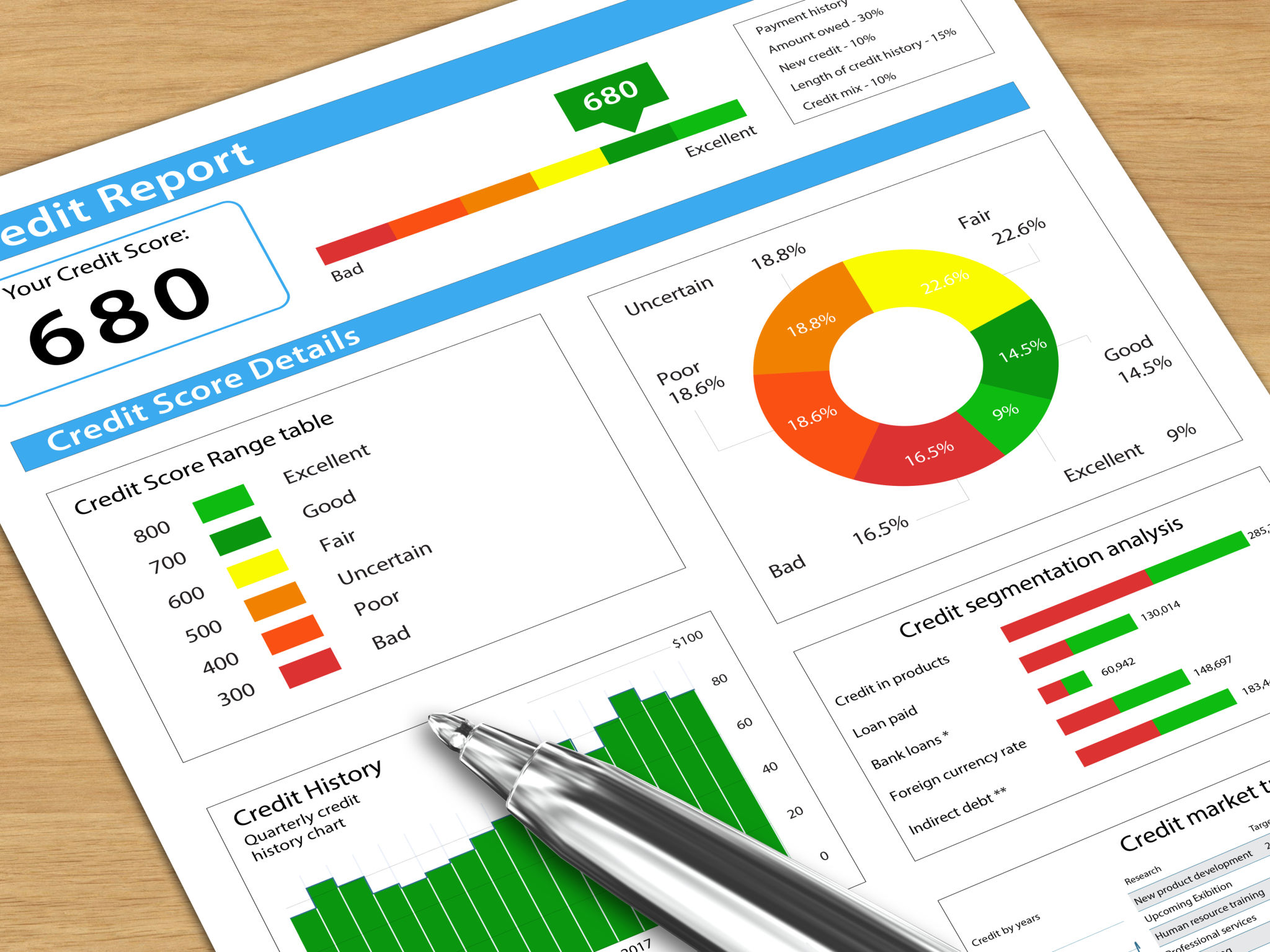Credit Repair Myths: What You Need to Know
Understanding Credit Repair Myths
Credit repair is a topic surrounded by numerous myths and misconceptions, often leading to confusion and missteps. Whether you're trying to improve your credit score or simply maintain it, understanding what's true and false is essential. Let's debunk some common myths and shed light on the reality of credit repair.

Myth 1: Closing Old Accounts Improves Your Score
Many people believe that closing old credit accounts will improve their credit score. However, this is not necessarily true. Your credit history length is a significant factor in your score calculation. By closing old accounts, you might actually shorten your credit history, potentially lowering your score.
Instead, it's often better to keep these accounts open, particularly if they have no annual fees. Maintaining a long and positive credit history can be beneficial for your score.
Myth 2: Paying Off Debts Erases Them from Your Credit Report
While paying off debts is crucial for financial health, it does not immediately remove them from your credit report. Paid debts generally remain on your report for up to seven years from the date of the last activity. However, the impact of paid debts diminishes over time.

It's important to understand that time is a key factor in credit repair. As negative items age, their effect on your score lessens, allowing for gradual improvement as long as new positive information is added.
Myth 3: All Credit Repair Companies Are Scams
The credit repair industry indeed has its share of scams, but not all companies are fraudulent. Some legitimate organizations can help you identify errors on your credit report and guide you in disputing them effectively. It's crucial to do thorough research and choose a reputable company if you decide to use professional services.
Look for companies with transparent practices, favorable reviews, and no upfront fees. Be wary of any promises to "fix" your credit quickly or guaranteed score increases.

Myth 4: You Only Have One Credit Score
This is a common misconception; in reality, you have multiple credit scores. Different credit bureaus—Experian, TransUnion, and Equifax—calculate scores using various models, which can lead to slight variations. Additionally, lenders may use different scoring models like FICO or VantageScore.
Understanding that scores can vary helps manage expectations and highlights the importance of maintaining good practices across all aspects of your credit profile.
Myth 5: Checking Your Own Credit Lowers Your Score
Many people refrain from checking their own credit reports for fear it will negatively impact their score. This myth stems from confusion between "hard" and "soft" inquiries. Checking your own credit is considered a soft inquiry and does not affect your score.
Regularly reviewing your credit report is a healthy habit, allowing you to spot errors or suspicious activity promptly. Staying informed empowers you to take proactive steps towards maintaining or improving your credit health.
